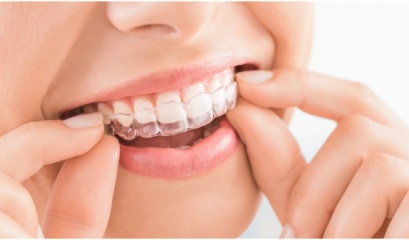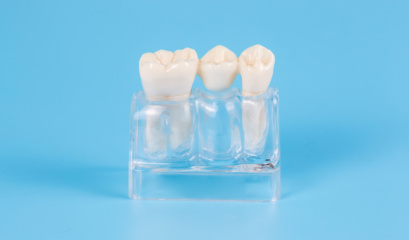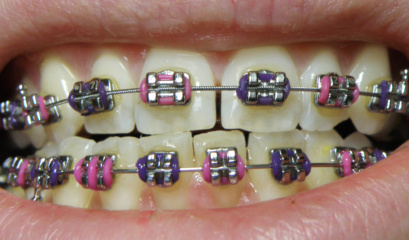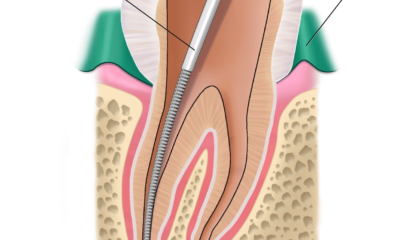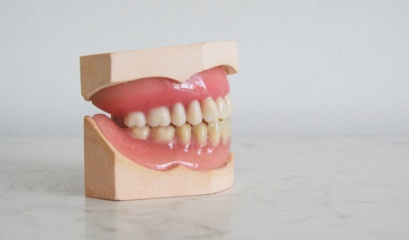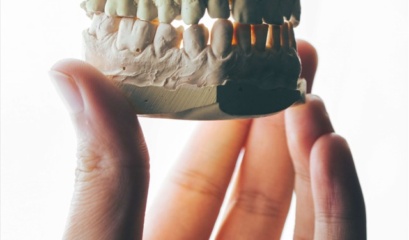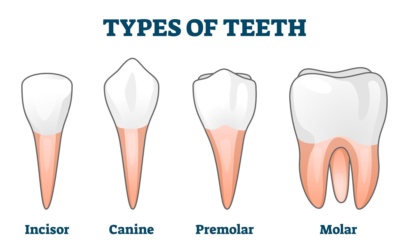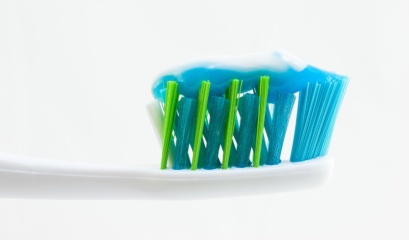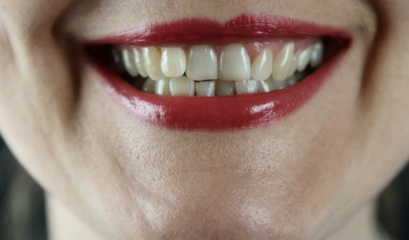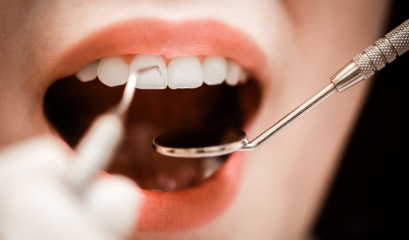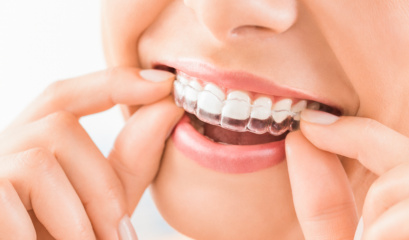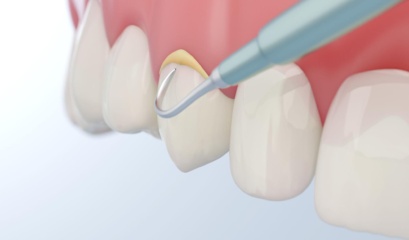Ever wake up with an uncomfortably dry mouth that makes it hard to swallow or speak? Dry mouth, also known as xerostomia, occurs when there is insufficient saliva production. This condition is not only uncomfortable but can also lead to various oral health issues. Understanding the causes of dry mouth is the first step towards managing and treating it effectively.
What Are Common Causes of Dry Mouth?
According to information from the Queensland Government, several factors can cause dry mouth.
Medications
A significant number of medications list dry mouth as a side effect. These include antihistamines (allergy medications), decongestants (medications for a blocked or stuffy nose), painkillers, diuretics (medications for high blood pressure), and antidepressants. These drugs can affect saliva production, leading to dryness.
Medical Conditions
Various health conditions can lead to dry mouth. Diseases such as diabetes, lupus, Alzheimer’s disease, Sjogren’s syndrome (an immune system disorder that results in both dry eyes and dry mouth), stroke and Parkinson’s disease can impact saliva glands. Additionally, chemotherapy and radiation treatments for cancer patients can damage salivary glands, reducing saliva flow.
Lifestyle Factors
Habits such as smoking and alcohol consumption can significantly reduce saliva production. Dehydration, often from inadequate water intake, can also cause dry mouth. Caffeinated beverages and sugary drinks can exacerbate this issue.
Age-Related Factors
As we age, our bodies undergo changes that can affect saliva production. Older adults are more likely to take multiple medications, some of which may cause dry mouth. Additionally, the natural aging process can reduce the efficiency of salivary glands.
Nerve Damage
Injury or surgery that causes nerve damage to the head and neck area can also lead to dry mouth. This can disrupt the normal functioning of salivary glands.
Other Causes
Other factors such as stress, anxiety, and depression can influence saliva production. Breathing through the mouth, often due to nasal congestion or sleep apnea, can also dry out the mouth.
Do You Get a Dry Mouth at Night?
Experiencing dry mouth at night is particularly common and can disrupt sleep, leading to discomfort and dryness in the morning. There are several reasons why dry mouth might be more pronounced at night.
Mouth Breathing
Sleeping with your mouth open can cause the mouth to dry out. This can be due to nasal congestion, sleep apnea, or simply a habit of breathing through the mouth.
Medications & Medical Conditions
Certain medications taken before bedtime can cause dry mouth. This includes some sleep aids, antihistamines, and medications for high blood pressure. Also, conditions such as sleep apnea, diabetes and Sjogren’s syndrome can cause dry mouth.
Try These Dry Mouth Treatment Options
Managing dry mouth involves a combination of lifestyle changes, hydration, and sometimes medication. Here are some effective treatments according to Health Direct:
Hydration
Staying hydrated is crucial. Drink plenty of water throughout the day to help keep the mouth moist. Sipping water regularly can help alleviate the symptoms of dry mouth.
Saliva Stimulants
Some medications and cough drops can stimulate saliva production. Sugar-free gum or candy can also help encourage saliva flow. These products contain ingredients that promote saliva production.
Humidifiers
Using a humidifier at night can add moisture to the air, reducing the dryness in your mouth and throat. This can be particularly helpful during winter months when indoor air tends to be drier.
Dietary Adjustments
Avoid caffeine, tobacco, and alcohol as they can dry out the mouth. Limit sugary and acidic foods that can exacerbate dryness. Eating water-rich foods like fruits and vegetables can also help maintain moisture levels.
Oral Hygiene
Good oral hygiene is crucial for managing dry mouth. Brush and floss regularly to prevent cavities and gum disease. Using fluoride toothpaste and a fluoride rinse can help protect your teeth.
Reasons Why You Should Care for Dry Mouth
A dry mouth can significantly affect your oral health, leading to various complications if not managed properly. Recognising the impacts and knowing when to seek professional help is crucial for maintaining optimal health.
Tooth Decay
Saliva plays a crucial role in maintaining oral health by neutralising acids produced by bacteria, washing away food particles, and providing disease-fighting substances. When saliva production decreases, the risk of tooth decay increases. The acids produced by bacteria can erode tooth enamel, leading to cavities and other dental issues. If you notice an increase in cavities or tooth sensitivity, it’s time to consult a dentist.
Gum Disease
A dry mouth environment is conducive to the growth of harmful bacteria, which can lead to gum disease. Gum disease, or periodontal disease, starts with gingivitis (inflammation of the gums) and can progress to periodontitis, a more severe condition that affects the bones and tissues supporting the teeth. Symptoms include red, swollen, and bleeding gums. If you experience these symptoms, please go see a dentist.
Bad Breath
Chronic dry mouth can lead to persistent bad breath (halitosis). The lack of saliva prevents the natural cleansing of the mouth, allowing food particles and bacteria to accumulate. This can result in an unpleasant odour that is difficult to eliminate through regular oral hygiene practices alone. If bad breath persists despite good oral hygiene, seek advice from your dentist.
Difficulty in Eating and Speaking
Saliva helps in the chewing, tasting, and swallowing of food. A dry mouth can make eating and speaking difficult, leading to discomfort and a decreased quality of life. You may experience a burning or sticky sensation in your mouth, making it challenging to enjoy meals or communicate effectively.
Medication Side Effects
If you suspect that your medication is causing dry mouth, discuss this with your healthcare provider. They can evaluate your medications and, if necessary, adjust your dosage or prescribe an alternative with fewer side effects.
Signs of an Underlying Medical Condition
A dry mouth can be a symptom of several underlying medical conditions, such as diabetes, Sjogren’s syndrome, or other autoimmune disorders. If you notice other symptoms such as joint pain, dry eyes, fatigue, or unexplained weight loss, it’s very important that you see a doctor for a thorough evaluation.
Need Treatment For Dry Mouth? Contact Us
If you experience ongoing dryness in your mouth that doesn’t improve with simple home remedies, it’s important to seek professional advice. Contact us to treat your dry mouth properly to avoid any mistreating remedies.







